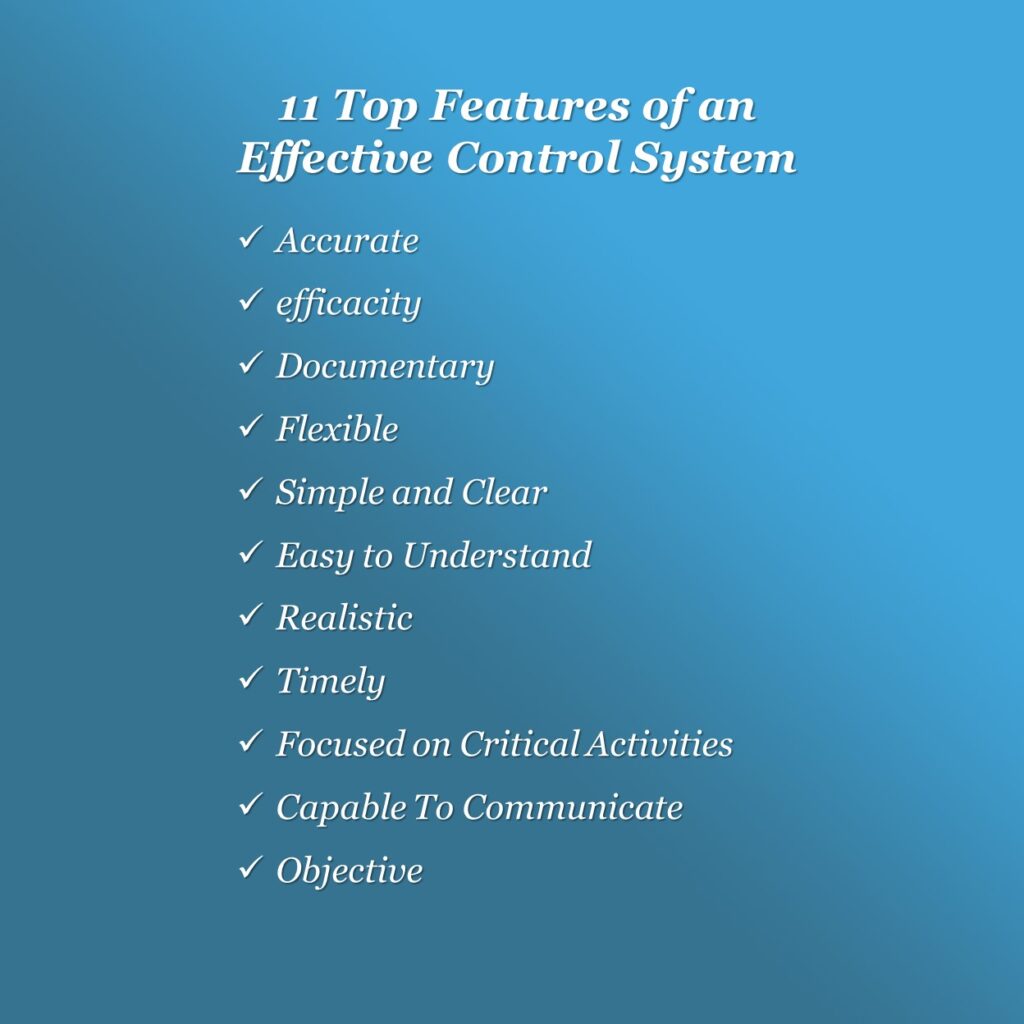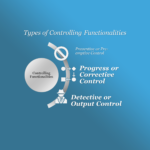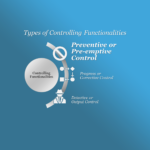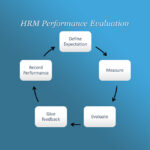Top 11 Features of an Effective Control System
Effective Control System
What are the features that make the control system in business management a successful control system?
How do the three main objectives of any business (time – cost – quality) get influenced and respond to these features?
In this article, we have provided enough information to identify the features that a successful and effective control system should has.
It is not enough – in any work – for the responsible team to implement the required processes to complete the work, it is important to control these processes and ensure they are running in compliance with what is required.
It is also not enough for the control team to implement the academic familiar steps required in any control system to judge it as a successful or effective control system, rather, the control system should has a set of features that are integrated with all components of this system.

Features of an Effective Control System
1. Accurate
Any effective control system should be very accurate, especially with data and information which form the basis and are essential for effective managerial decisions. The control system that relies on inaccurate information will end up with weak and unreliable results that would divert management efforts on problems that do not exist, and this means that the control system is weak and unreliable.
2. Effective
Having an effective control system means that it can achieve the purpose for which it controls the operations, especially in terms of cost, since the cost needed by the control system must be proportional to the benefit it provides, otherwise the control system will turn into a negative deviation. The purpose of the control system is to reduce waste as much as possible, in all components of the work it controls.
3. Documentary
Effective control system depends on documents of numbers and data that remain as a reference during the controlling operations and after the work is completed, but it does not end with its completion… This would help in reusing this data in future works, or in modification and development processes for other related or similar works
4. Flexible
Flexible control system is the best for any business! The ability of the control system to adapt or develop in its stages or even can adapt to potential changing conditions makes it the most appropriate system that will achieve the determined objectives of the business.
5. Simple and Clear
The control system must be simple and clear in order to be acceptable, and when we say simple, we mean that its rules and actions are far from being complex or difficult to understand, so that the rest of the business teams or parties directly involved in the business can understand the outputs of the control operations.
6. Easy to Understand
An easy-to-understand control system is very valuable.
Ambiguous control system increases the possibility of making mistakes by employees, members of the control system team, or even the managers, especially when it adopts control tools, charts or maps that may be difficult to understand. In this case, the control system must provide sufficient explanations of these tools, in order to make the system easy and acceptable to all parties.
7. Realistic
The control system should not deviate from the logical and realistic requirements of the work, nor should it exaggerate in giving ideal or unrealistic results… Managers of a good control system should be fully aware of the requirements of the work and the expected logical results.
8. Timely
A successful control system should have a quick response to any present or future expected and unexpected situation, and be able to take necessary actions as soon as possible, otherwise a slow response will hinder the progress of the entire work.
9. Focused on Critical Activities
Focusing here means that the control system should be aware of the important activities and processes which controlling operations must be applied to, avoiding wasting time and cost on activities of less importance that would not affect or hinder the work progress.
10. Capable To Communicate
In order to achieve acceptability, all parties should be involved in creating the control system, especially in setting the standards of the controlling work.
The control system, which is unacceptable by one of the components of the existing work, turns into a weak system that might easily collapse.
11. Objective
In other words, away from personal aspects, emotions and individual convictions.
The system based on the personal beliefs of the manager and which is contrary to the objective and logical standards necessary for the general interest of the business is an unreliable control system.
Having such features makes any control system a successful and effective control system, capable of achieving the goal all parties seek, which is to complete the work in the shortest time, at the lowest cost and at the highest quality…









